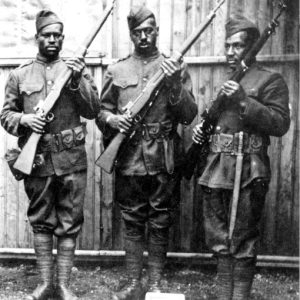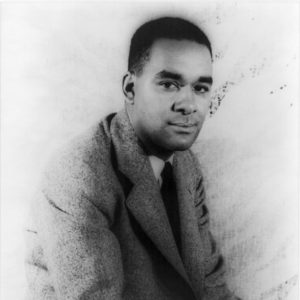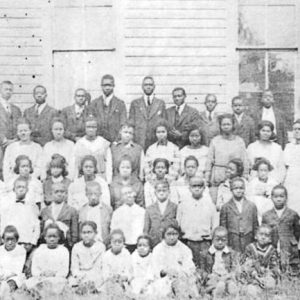Race and Ethnicity: African American - Starting with W
 World War I Soldiers
World War I Soldiers
WPA Slave Narratives
aka: Slave Narratives
Wright, Charles (Execution of)
 Richard N. Wright
Richard N. Wright
Wright, Richard Nathaniel
Wynne Lynching of 1892
Wynne Normal and Industrial Institute
 Wynne Institute
Wynne Institute




